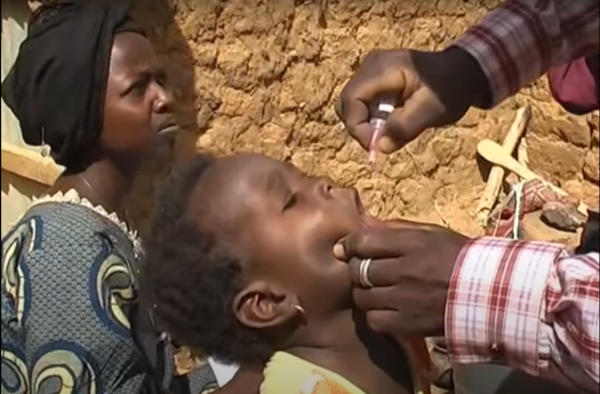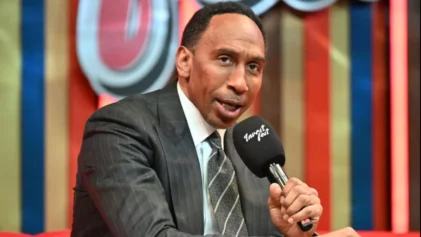The World Health Organization has reported that the strain of poliovirus now spreading in Sudan is linked to a vaccine-derived poliovirus that has circulated in neighboring Chad since last year.
The WHO issued a statement earlier this month stating that it was notified by Sudan’s Federal Ministry of Health on Aug. 9 that a vaccine-derived poliovirus was circulating in the African nation.
In the first Sudan case, a 48-month-old child from Sulbi city in western Sudan showed symptoms of paralysis in March of 2020. In the second case, a 3-year-old from the eastern part of the country showed paralysis symptoms in early April.
Both children received their last bivalent oral poliovirus vaccine in 2019. Some 13 circulating vaccine-derived poliovirus type 2 cases have been reported in Sudan between Aug. 9 and Aug. 26. According to the WHO, the risk that the virus will spread to central Africa and the Horn of Africa is high, and the same vaccine-derived strain of the virus is circulating in Cameroon.

Experts say several cases of polio go unreported for each reported case. The virus is highly contagious, most often afflicting children under age 5, and can cause death and paralysis.
Africa had just been declared free of wild polio by the United Nations Late. 25 after years of vaccine drives, with some campaigns seeking to vaccinate upward of 90 percent of children.
The oral polio vaccine is made of a weakened form of the virus that is intended to cause the body to produce antibodies and establish immunity. However, in rare cases the virus may survive in the body without causing the disease. When this happens the virus can spread, mutating along the way, and an eventual mutation of the original weakened form of the virus can infect an unvaccinated person to become as dangerous as wild polio.
Vaccine-derived polio has also spread in Afghanistan and Pakistan. Some oral polio vaccines have been discontinued in the past to avoid sparking vaccine-derived outbreaks.
The WHO called the vaccine-derived outbreak in Sudan a “setback,” and has advised that surveillance for polio symptoms be heightened. Health officials have struggled for decades to eradicate polio. The original deadline, the year 2000, has repeatedly been pushed back.
Las month WHO Director for Africa Dr. Matshidiso Moeti said in making the announcement that the wild virus had been eliminated on the continent that the vaccine campaign had prevented 1.8 million cases of polio-related paralysis in Africa over the past 24 years. Some 320 vaccine-derived polio infections were reported on the continent for 2019.


